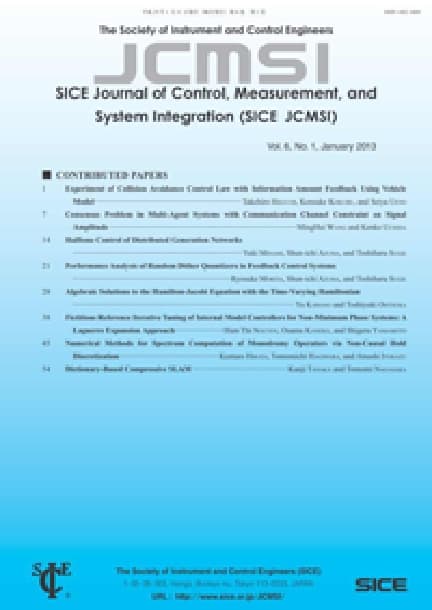This paper considers stabilization of linear time-invariant descriptor systems by dynamic output feedback controllers. We deal with general descriptor systems including those being irregular or impulsive, and derive state-space stabilizing controllers. On the derivation process of the state-space controllers, we first consider descriptor-type controllers. We present a necessary and sufficient condition for the existence of a descriptor-type controller which makes the closed-loop descriptor system regular, impulse-free, and stable. The condition is expressed in terms of linear matrix inequalities (LMIs), and we show that coefficient matrices of any descriptor-type stabilizing controller of the same size as the given descriptor system can be represented by the solution of the LMIs. Then, we present a necessary and sufficient condition for the descriptor-type controller to be transformable to an input-output equivalent state-space controller with the dimension of the dynamic order (the rank of the coefficient matrix for the time-derivative of the descriptor variable) of the given descriptor system, that is, a state-space stabilizing controller. The transformability condition is mild and almost always satisfied by the obtained descriptor-type controller. Furthermore, even if the transformability condition is not satisfied, a slightly modified solution of the LMIs, which always exists, gives a descriptor-type controller being transformable to a state-space controller. The transformation is carried out analytically, thus the coefficient matrices of any such state-space stabilizing controller can be expressed by the solution of the LMIs. We also reveal that if we restrict the classes of descriptor systems or descriptor-type controllers such that their transfer functions are strictly proper, the descriptor-type controllers obtained by the LMI condition are always transformable to state-space controllers.









